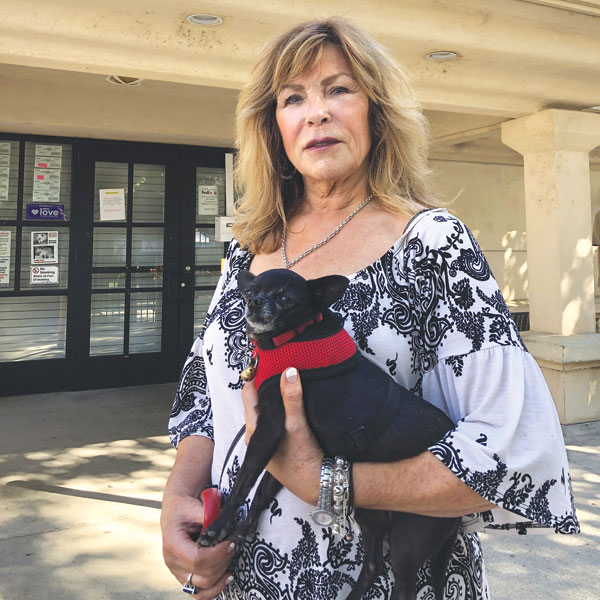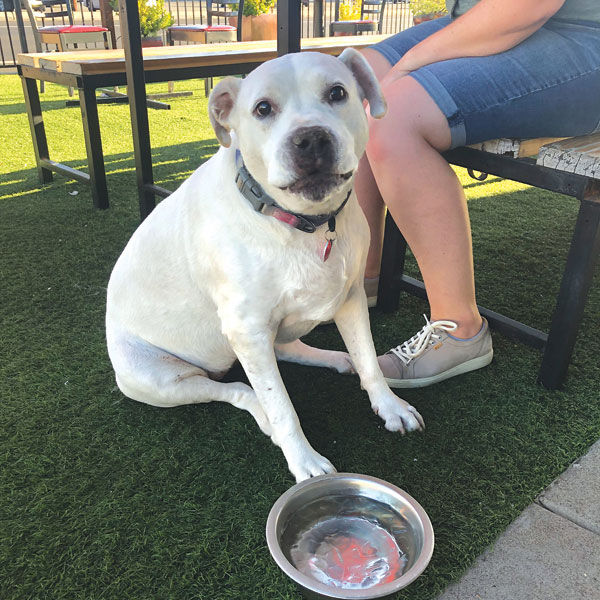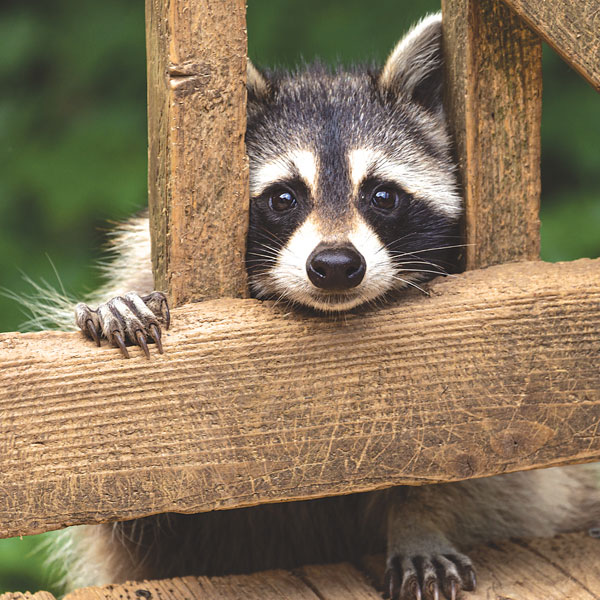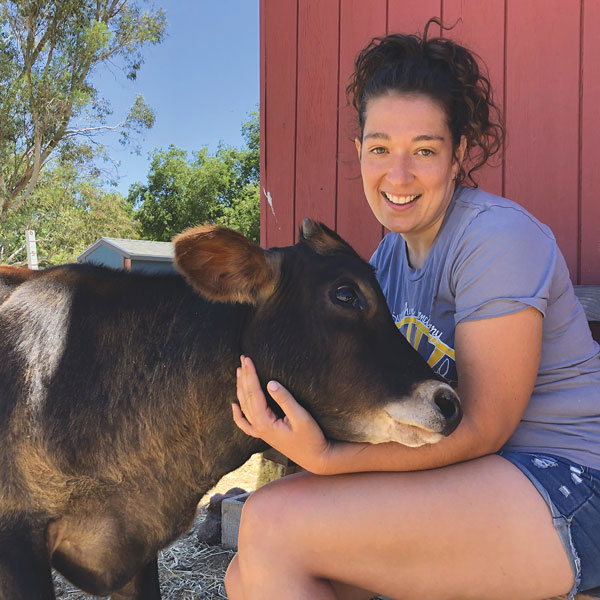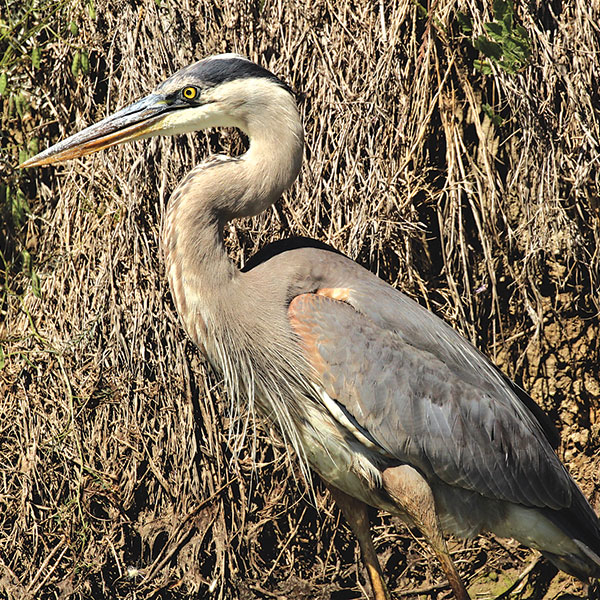
Oct 28, 2022
A dog with no microchip, no ID tag. A door left open or a hole in the fence. Someone willing to do the right thing—get the dog off the street.
Now what? Is taking the lost canine to a local animal shelter the best way to reunite him with his owner? Is that where he will be safe? Is that where his parents will look first?
Or is it better to hold onto the dog, place signs around the neighborhood, post photos on social media, walk door to door?
Phillip Zimmerman, manager of the city’s Front Street Animal Shelter, likes the second option. So much so that he has instituted a “managed intake” policy at Front Street.

Sep 28, 2022
My husband and I noticed something amiss when our 13-year-old chihuahua mix, Tammy, was uninterested in breakfast. She was moving slowly, not the perky wide-eyed pooch spinning in circles for a morning treat.
I called our veterinarian’s office, assuming it would be booked for the day but hoping staff could squeeze us in. They couldn’t.
I reached out to six other veterinary clinics near our home in Wilhaggin. Only one was accepting new patients, but the wait was three weeks.

Aug 28, 2022
Sacramentans love their dogs. With two municipal animal shelters, a state-of-the-art SPCA, 22 off-leash dog parks and dozens of mutt-friendly restaurants, Sacramento canines are living big.
California law authorizes food facilities to allow pet dogs in outdoor dining areas as long as the city or county does not pass an ordinance prohibiting the pooches, and restaurant owners do not object. There must be a separate outdoor entrance and dogs must remain on leash and off chairs.

Jul 28, 2022
Highly adaptable and irresistibly adorable, raccoons abound in Sacramento. Mischievous, clever and cute, yes. But raccoons can quickly become nuisances when they take up room and board in your neighborhood.
Ask neighbors about raccoons and stories come tumbling out. Mike and Gail Johnson on 38th Street tell of raccoons using the cat door to access their home and finding their way to a jar of kibble in the kitchen. One unforgettable day, a raccoon followed by two kits charged Gail when she found herself between their exit and the food source. No more cat door.

Jul 28, 2022
Dominic is first to greet me when I push open the wooden gate. At 4 months old, this wiry-haired kid goat is playful, curious and sugar-coated. He was found tied up behind a business in Sacramento and taken to the Front Street Animal Shelter before making his way to Only Sunshine Sanctuary in the rural outskirts of Elverta.
Vegetables, a 5-month-old Jersey cow, nudges my thigh, his soft brown head begging to be scratched. “He’s like a giant puppy dog who loves to be petted,” says Kristy Venrick-Mardon, founder of Only Sunshine Sanctuary.

Jun 28, 2022
Nestled 40 feet high in the branches of a willow tree, the great horned owl scrutinizes her surroundings. Two chicks are barely visible within the confines of their twisted twig nest.
Despite her skyward proximity and camouflage feathers, the bird of prey comes into touchable view through a spotting scope. Her home, along with 200 other bird species, is the state-owned Yolo Bypass Wildlife Area.
Stretching 16,000 acres across both sides of the Yolo Causeway along I-80 between Sacramento and Davis, the nature refuge is managed by the California Department of Fish and Wildlife for flood control, animal and habitat protection, recreation and education.
